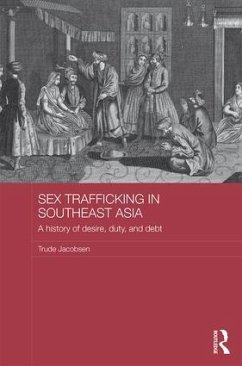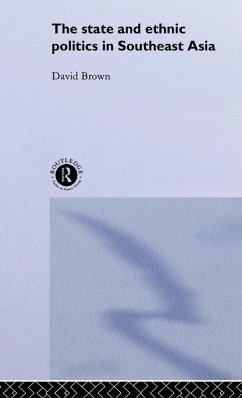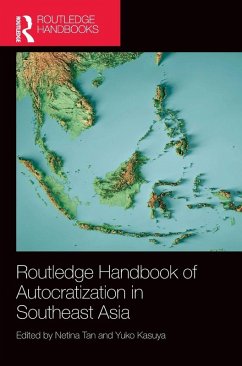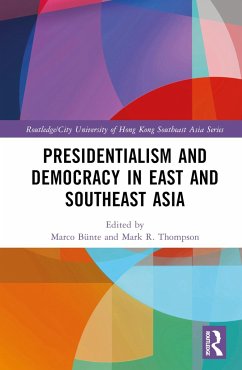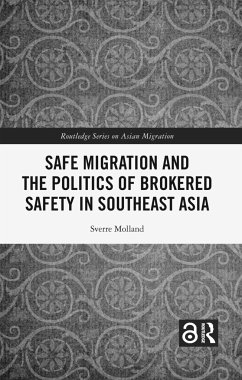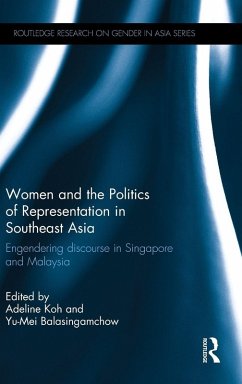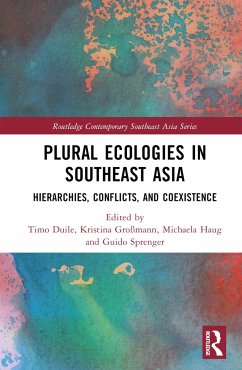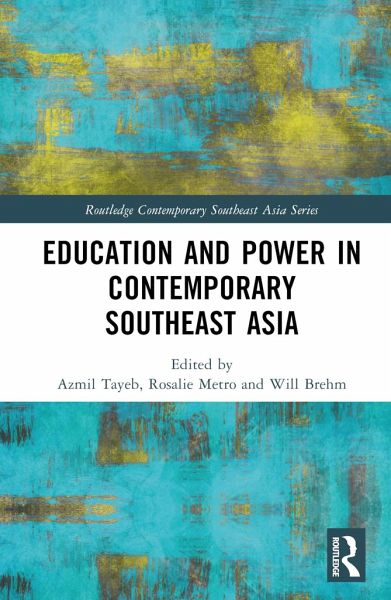
Gebundenes Buch
Education and Power in Contemporary Southeast Asia
Versandkostenfrei!
Versandfertig in 1-2 Wochen

PAYBACK Punkte
84 °P sammeln!




This book focuses on education and power in Southeast Asia and analyses the ways in which education has been instrumentalized by state, non-state, and private actors across this diverse region. It fills a gap in the literature on education in Southeast Asia.
Azmil Tayeb is an Associate Professor of Political Science at the School of Social Sciences, Universiti Sains Malaysia in Penang, Malaysia, a Visiting Research Fellow at the ISEAS-Yusof Ishak Institute in Singapore, and an Adjunct Professor at the Universitas Negeri Malang in Indonesia. He is the author of Islamic Education in Indonesia and Malaysia: Shaping Minds, Saving Souls (Routledge, 2018). Rosalie Metro is an Associate Teaching Professor in the College of Education and Human Development at the University of Missouri-Columbia, USA. She is the author of three textbooks: Histories of Burma, Teaching US History Thematically, and Teaching World History Thematically. Will Brehm is an Associate Professor in Comparative and International Education at the University of Canberra, Australia. He is the author of Cambodia for Sale (Routledge, 2021) and co-editor, with Yuto Kitamura, of Memory in the Mekong (TC Press, 2022) and Public Policy Innovation for Human Capital Development (APO, 2020).
Produktdetails
- Verlag: Routledge
- Seitenzahl: 284
- Erscheinungstermin: 18. Juli 2023
- Englisch
- Abmessung: 240mm x 161mm x 20mm
- Gewicht: 593g
- ISBN-13: 9781032501666
- ISBN-10: 1032501669
- Artikelnr.: 67679674
Herstellerkennzeichnung
Libri GmbH
Europaallee 1
36244 Bad Hersfeld
gpsr@libri.de
Für dieses Produkt wurde noch keine Bewertung abgegeben. Wir würden uns sehr freuen, wenn du die erste Bewertung schreibst!
Eine Bewertung schreiben
Eine Bewertung schreiben
Andere Kunden interessierten sich für



